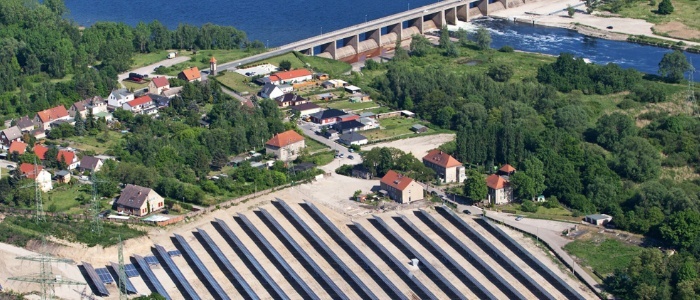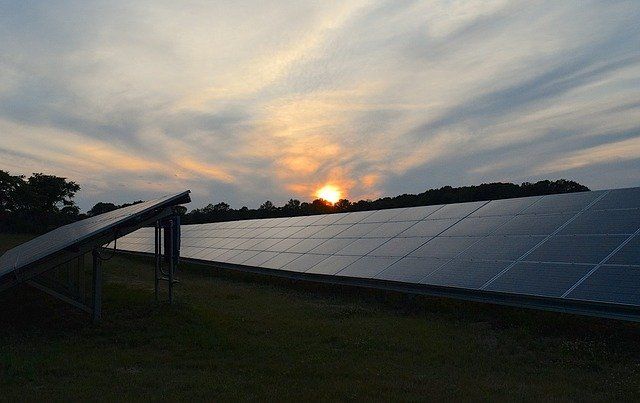By Thomas Eisenbarth, Business Development, aream Group
In the real estate sector, it is considered the supreme discipline, but in renewable energies, project development was unknown for a long time. Yet project development creates value and helps implement the energy transition. Without the complex process of securing land and riding through the approval jungle, no wind turbine would turn and no photovoltaic system would produce electricity. To ensure that everything runs smoothly from the acquisition of capital to the completed plant, experienced specialists are needed in the investment and asset management sector who know and master the entire value creation process.
It is at the beginning of a project, especially in the development of renewable energy infrastructure, that value creation is at its highest - but so are the associated risks, which not every investor wants to bear. In the meantime, however, renewable energies have outgrown their infancy and the project development process also follows industrial standards. So there is no longer any talk of the risks being too high. In Germany alone, there are currently more than 1.7 million solar plants, ranging from small roof systems to ground-mounted systems with more than 100 megawatts: A great deal of experience and know-how has gone into developing such plants to the point where they are ready for construction.
The motto for project development is: "All business is local". Therefore, cooperation with property owners, municipalities, environmental protection authorities, grid operators and engineering firms is one of the success factors for planning and designing a sustainable photovoltaic plant. To ensure that all this happens professionally and in an environment that is safe and predictable for investors, project coordinators and managers orchestrate the many strands of tasks to create a profitable long-term infrastructure investment.
The core competencies of project coordinators:
- Investment and asset management expertise in the renewable energy infrastructure sector
- Market access to a strong project pipeline (preferably off-market)
- Marketing competence of the finished plants
- Financing competence along the entire value chain from development to construction to operation of the plants
- Ongoing optimization of the plants, also during operation.
A manager with these core competencies enables investors to get involved in the early stages of the value chain and significantly increase returns with the greatest possible risk protection.
In the coming years, Germany will be a hotspot for new solar plants to implement the energy transition. In this context, the industry is focusing on decentralized small-scale solutions that go through the process described above. This creates the opportunity to enter the field of project development with a diversified portfolio and to secure attractive returns.


